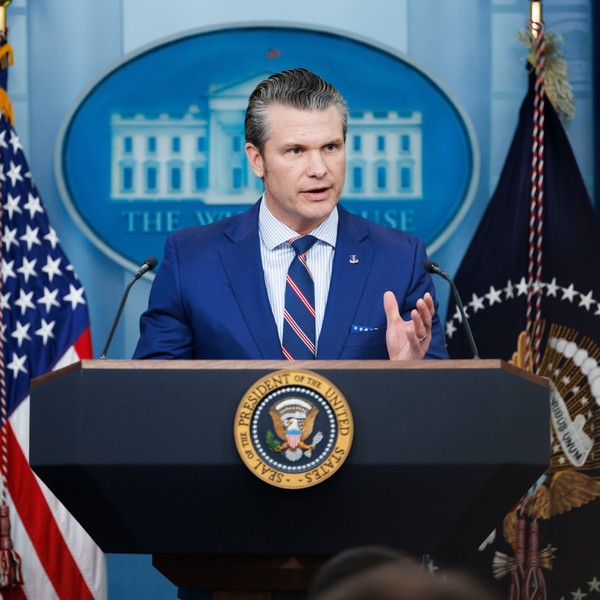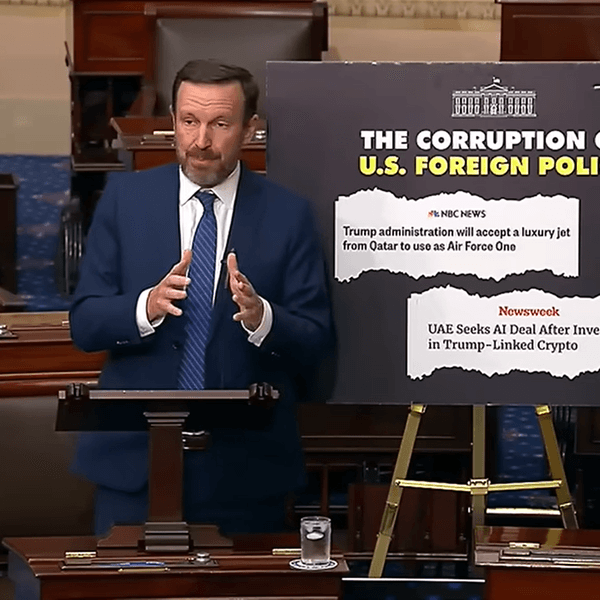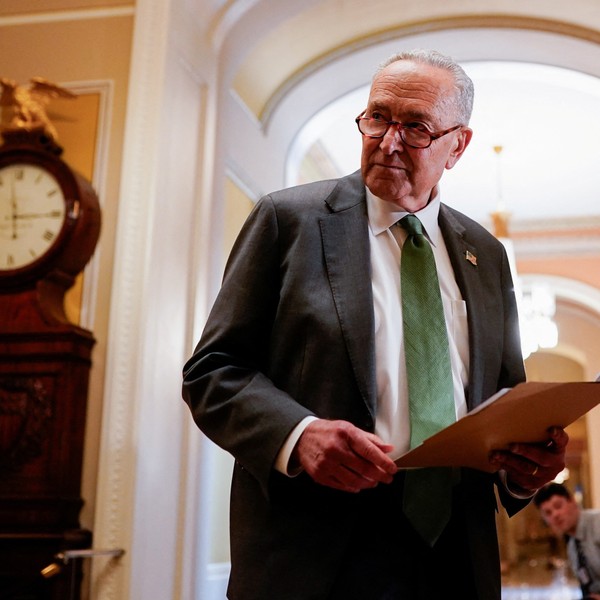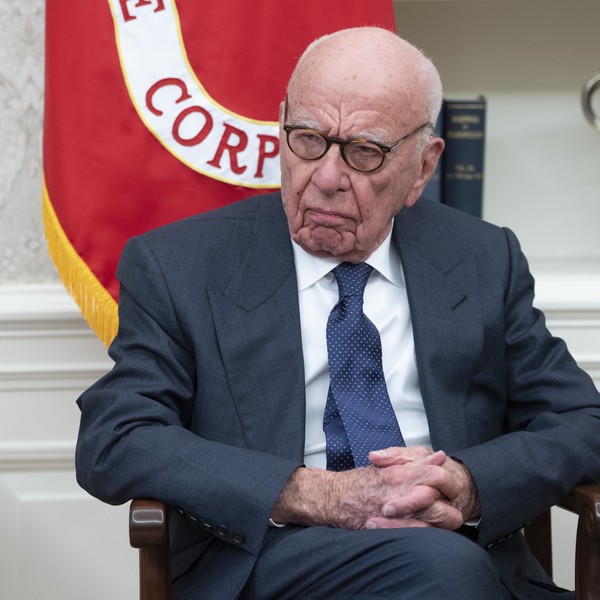From the moment President Biden appointed John Kerry as his administration’s representative for climate change, Washington foreign policy establishment types, or members of “the Blob,” started writing critical articles saying that of course climate change is important, but it must not be allowed in any way to reduce U.S. attention or expenditure on the really important threat: China.
We need to read these articles in conjunction with the news about Hurricane Ida, and of course the long series of heatwaves, wildfires, and droughts in the western United States in recent years. For national security means little in the end if it is not related to some real degree to the lives and wellbeing of ordinary citizens; and it is not China that has killed almost 60 people in the United States in recent days, deprived millions of electricity, and done untold economic damage.
In fact, for many years now, China has not killed a single American. Nor of course has America killed a single Chinese; whereas floods in China over the same period have killed thousands of Chinese citizens, while air pollution from the burning of fossil fuels kills hundreds of thousands of Chinese each year.
Seen in the context of climate change, weirdest of all has been the issue of the South China Sea — China’s obsession with building bases on the uninhabited reefs and sandbanks there, and America’s obsession with the supposed dreadful threat that this poses. Future historians will not know whether to laugh or cry. For them, this will quite literally be a non-issue — because climate change will have meant that these reefs and sandbanks will long since have disappeared beneath the rising waves.
Both the Biden administration and the Chinese government have declared climate change to be an “existential threat” and a “national priority,” but their overall strategy suggests that they have not really understood the meaning of these phrases. For the whole point about a priority is that it comes first, which means that, by definition, something else comes second in terms of importance.
And if climate change is truly an existential threat to the United States, China, and modern civilization as a whole, how can it possibly be placed in the same category of risk as a limited rivalry over geopolitical precedence in the Far East? U.S. bases in Guam and Okinawa do not threaten to invade and destroy China; nor can China eject U.S. forces from those bases without nuclear war. The two sides could very well just leave each other alone, while they concentrate desperately needed attention and resources on the efforts to limit carbon emissions and to strengthen national and international resilience against the effects of climate change.
The Biden administration also needs to take to heart the words of Chinese Foreign Minister Wang Yi, who told Mr. Kerry during his visit to Beijing this week: “The U.S. side hopes that climate cooperation can be an ‘oasis’ in China-U.S. relations, but if that ‘oasis’ is surrounded by desert, it will also become desertified sooner or later.”
The United States should learn this from what should have been limited rivalries with other countries (for example, with Russia over Ukraine) has led Washington to break off cooperation even in areas where both sides have clear common interests. Then again, Mr. Wang should also apply his words to Chinese government approaches to the United States, and to the “Wolf Warrior” diplomats whose lack of diplomacy is approaching that of John Bolton on a bad day. This “anti-diplomacy” by both American and Chinese diplomats is also not likely to attract the respect of future historians — if there are any.















